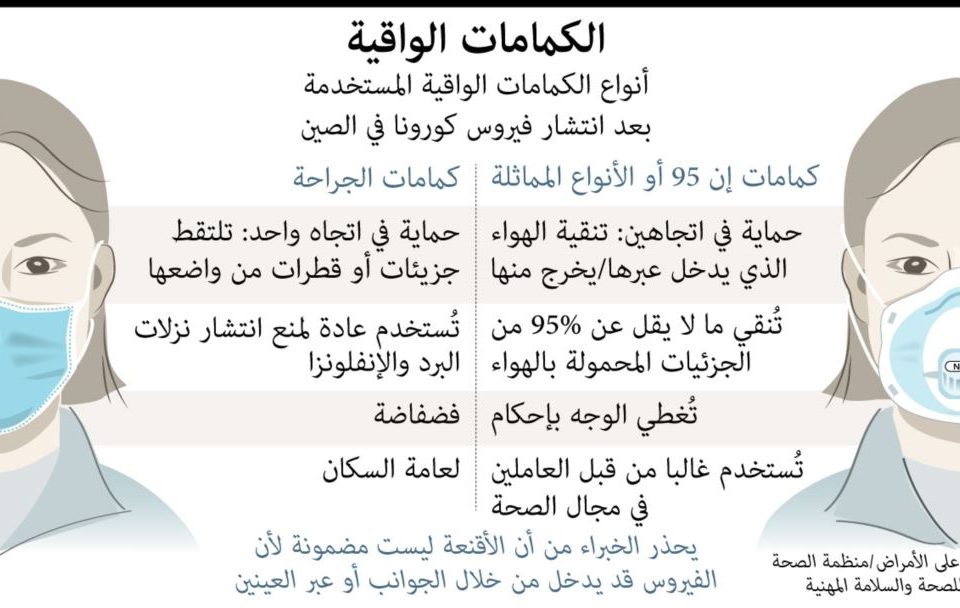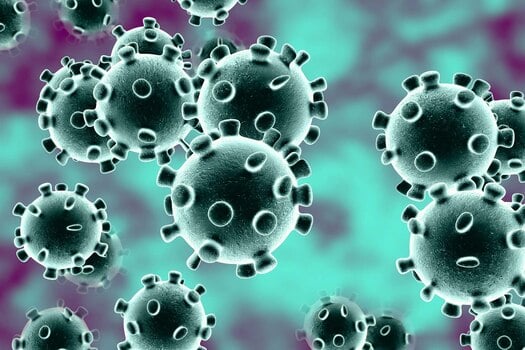
Anemia
January 27, 2020Cold and Flu ?
What is a cold?
Almost everybody is familiar with the sensation of having a cold. Colds affect both warm and cool climates equally, and the average person will have had many colds from infancy all the way until later life.
Symptoms include a runny nose, sore throat, coughing and sneezing, watery eyes, a headache, and body aches. There is no cure, except for resting and drinking plenty of fluids, but the cold should pass within 7-10 days.
There is normally no need to visit a doctor, but a person with a weakened immune system is more prone to developing pneumonia as a complication.
To avoid catching or spreading a cold, people should wash their hands regularly and make sure they sneeze into a tissue or handkerchief, or into their elbow. This is the most hygienic as it stops the spread of germs, which cannot live on clothing or surfaces like they can on skin.
What is flu?
There are three types of flu virus, influenza A, influenza B, and influenza C. Types A and B are the ones that cause seasonal epidemics. One of the key symptoms of flu is feeling feverish or having a temperature of 100 degrees Fahrenheit or above. However, not everyone with the flu will have a fever.
Other symptoms include:
headaches or body aches
vomiting, nausea, and possibly diarrhea, especially in children
a sore throat and a cough
fatigue
chills and shivering
a congested or runny nose
A common cold is less likely to cause a high fever. With a cold, symptoms such as a runny nose or throat irritation will normally improve within a few days.
How to treat flu
The CDC note that the majority of people who have the flu do not need medical attention. Most can remain at home and avoid contact with other people to prevent the disease from spreading. However, the following treatments are available:
Over-the-counter medications – these can reduce fever.
Prescription antiviral flu drugs – these are also available from a physician. They are for people who are at high risk of serious complications and are not normally necessary for effective treatment. They can only be given within a certain amount of time from symptom onset.
Home remedies – to alleviate symptoms, home remedies such as steam inhalation, nourishing foods like chicken soup, keeping warm, and other comfort measures can be used.
A physician will be able to decide if antivirals are needed. People who tend to be at greater risk include infants under the age of 2, people aged 65 years and older, and pregnant women.






1 Comment
Hi, this is a comment.